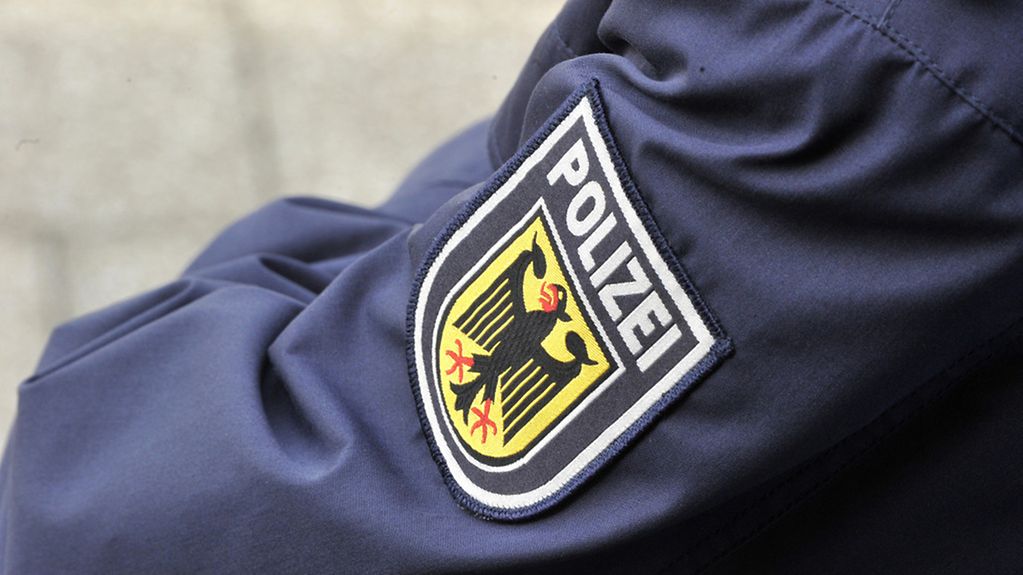EU police mission in Ukraine
The German government has decided to second up to 20 German law enforcement officers to the EU Advisory Mission for Civilian Security Sector Reform Ukraine (EUAM Ukraine). They are to advise the Ukrainian government on issues relating to the rule of law and the security sector reform.
1 min reading time

Up to 20 police officers from Germany's federal and state police are to support Ukrainian security authorities
Photo: picture alliance / Uli Deck
Up to 20 law enforcement officers from Germany’s federal and state police forces are to be seconded to Ukraine. The Cabinet made this decision on Wednesday. The goal is to strengthen Ukraine’s security authorities and support the reform of the police and judiciary. It is a purely advisory mission.
Deputy government spokesperson Christiane Wirtz explained on Wednesday in Berlin, "A preliminary team, including one German police officer is already in Ukraine. As of mid-September 2014, additional personnel will be seconded."
Police mission in Ukraine
On 22 July, the ministers of foreign affairs of the European Union decided to put in place the Advisory Mission for Civilian Security Sector Reform Ukraine. The common security and defence policy mission is to be deployed in Ukraine. The mission will be headed by Kalman Mizsei from Hungary, who acted as the European Union Special Representative for the Republic of Moldova from 2007 to 2011.
On 5 September Ukraine’s leaders and the pro-Russian separatists in the east of the country agreed on a ceasefire and a peace plan. Since then, there have, however, been repeated outbreaks of fighting. The security situation in Ukraine remains fraught, especially in the east of the country. Any further destabilisation of the country could foster additional separatist trends. Alongside the EU, the OSCE, the Council of Europe and other international actors are engaged in the region.